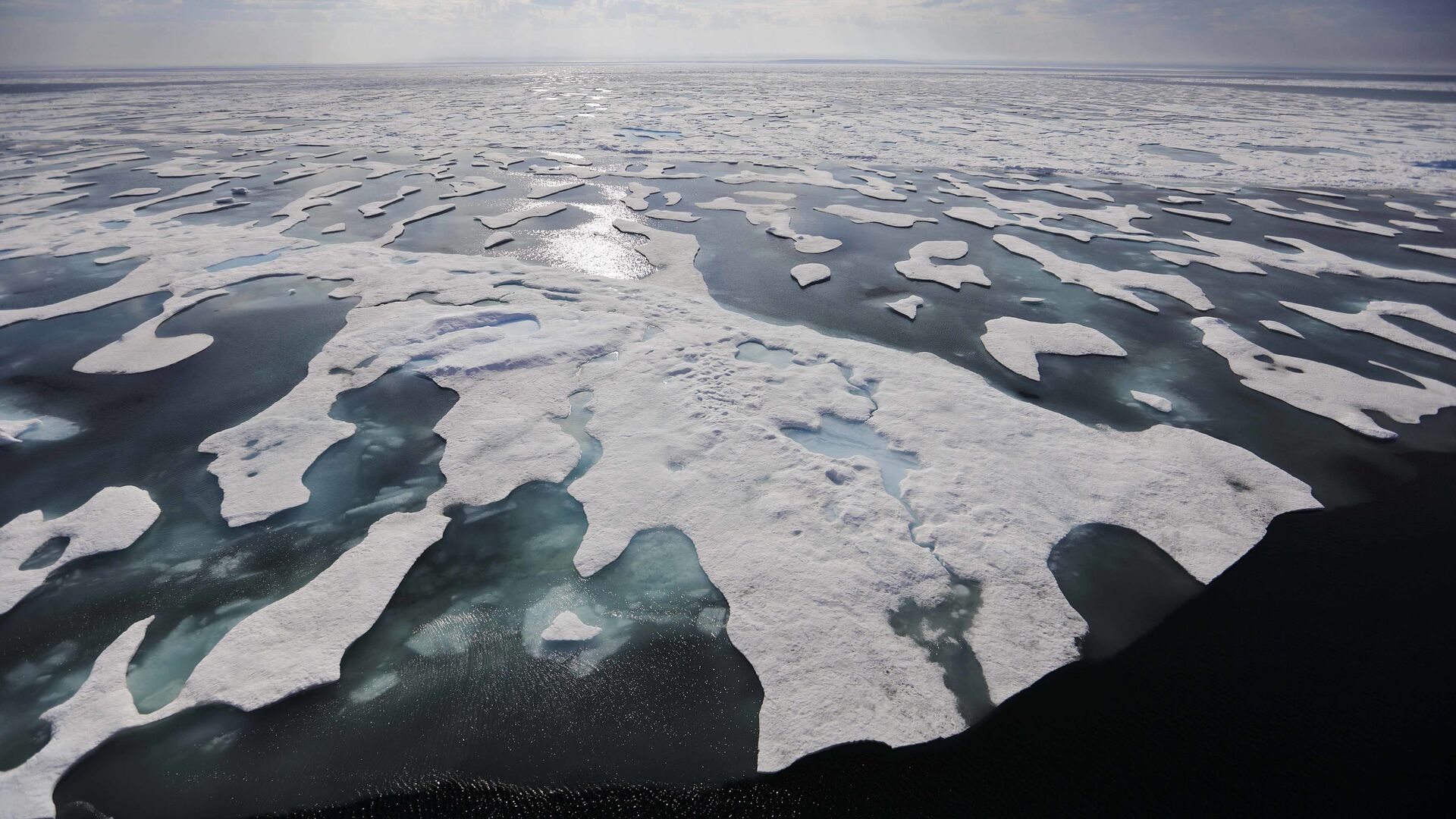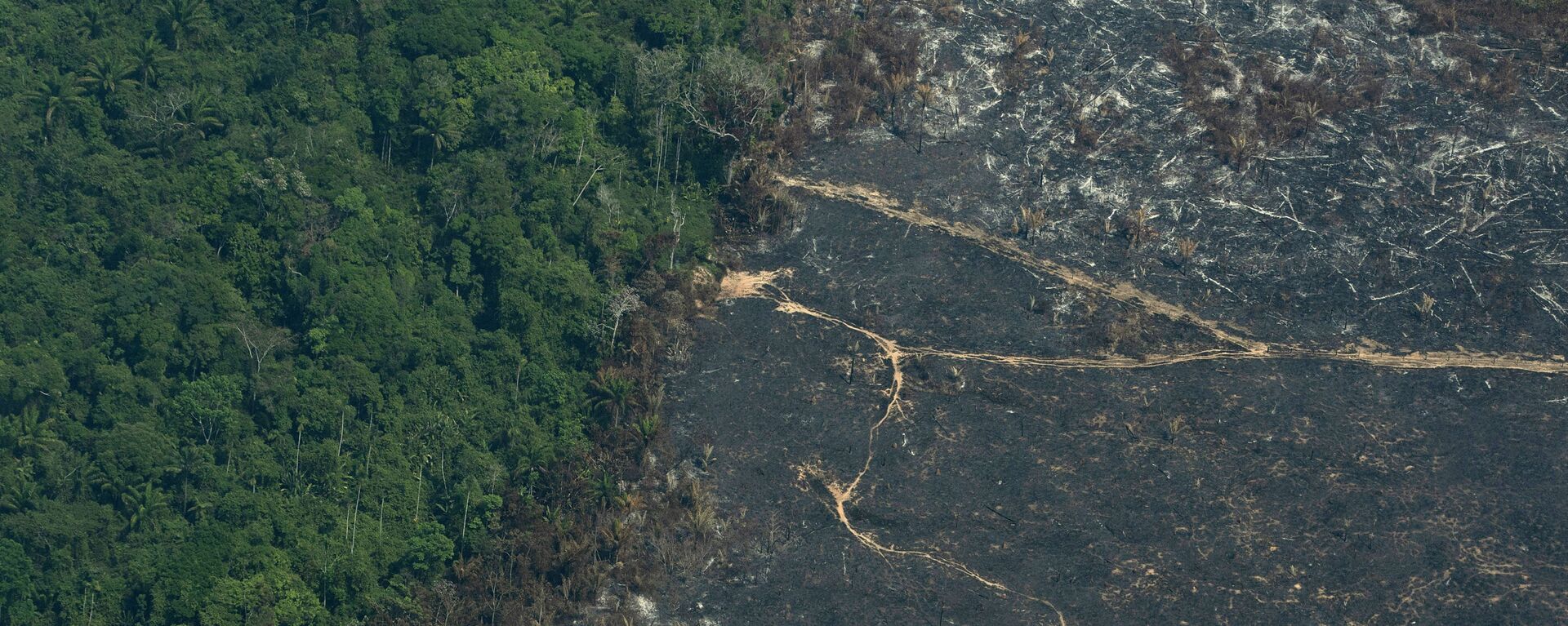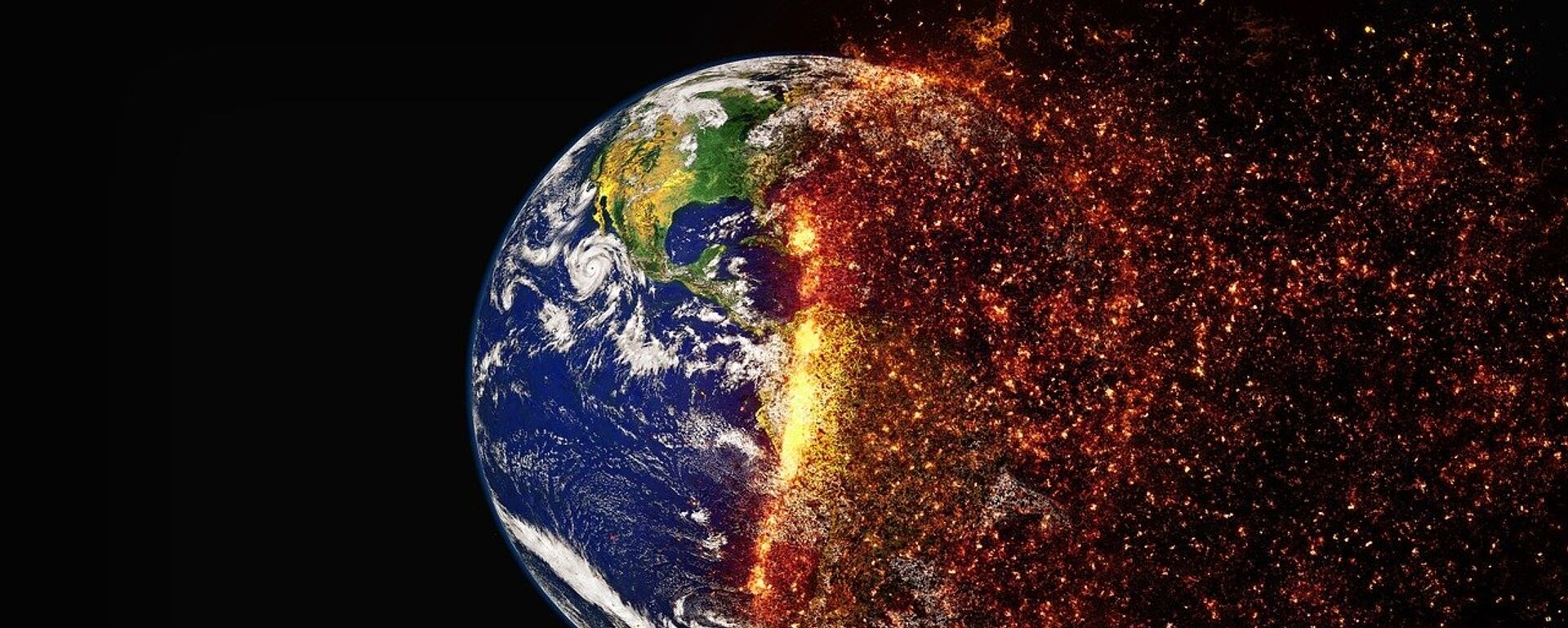https://sputnikglobe.com/20230618/indonesia-seeks-cooperation-with-russia-in-arctic-to-study-climate-change-1111264134.html
Indonesia Seeks Cooperation With Russia in Arctic to Study Climate Change
Indonesia Seeks Cooperation With Russia in Arctic to Study Climate Change
Sputnik International
Indonesia is interested in cooperation with Russia in the Arctic region to study climate change, as it has a strong impact on monsoons and rains in Asia, creating risks for agriculture, the director of the Arctic and Antarctic Research Institute, Alexander Makarov, said.
2023-06-18T13:41+0000
2023-06-18T13:41+0000
2023-06-18T13:41+0000
world
spief 2023
russia
indonesia
arctic
climate change
https://cdn1.img.sputnikglobe.com/img/106788/63/1067886364_0:296:6001:3671_1920x0_80_0_0_3e6e459b64a84d403c0c74d302b94b91.jpg
The institute's chief said that climate change in the Artic affects the formation of rains and monsoons in Asia, which could pose a risk to agriculture, as the Arctic is a region where the weather conditions for half of the globe are rooted. Bilateral cooperation could begin with student exchange programs, Makarov noted. In July 2022, the Roscongress Foundation said that environmental protection, including climate change, was among the priorities of Russia's chairmanship of the Arctic Council in 2021-2023. Given the rapid changes in the Arctic climate, the Russian side attaches great importance to mitigating the adverse effects of climate change, preserving and restoring the environment and ensuring the rational use of natural resources.
https://sputnikglobe.com/20230606/lula-unveils-plan-to-legalize-indigenous-lands-halt-illegal-amazon-deforestation-by-2030-1110962675.html
https://sputnikglobe.com/20230509/nearly-half-of-earths-land-may-change-climatic-zone-by-2100-1110222950.html
russia
indonesia
Sputnik International
feedback@sputniknews.com
+74956456601
MIA „Rossiya Segodnya“
2023
Sputnik International
feedback@sputniknews.com
+74956456601
MIA „Rossiya Segodnya“
News
en_EN
Sputnik International
feedback@sputniknews.com
+74956456601
MIA „Rossiya Segodnya“
Sputnik International
feedback@sputniknews.com
+74956456601
MIA „Rossiya Segodnya“
spief, russia, indonesia, arctic, climate change
spief, russia, indonesia, arctic, climate change
Indonesia Seeks Cooperation With Russia in Arctic to Study Climate Change
ST. PETERSBURG (Sputnik) - Indonesia is interested in cooperation with Russia in the Arctic region to study climate change, as it has a strong impact on monsoons and rains in Asia, creating risks for agriculture, the director of the Arctic and Antarctic Research Institute, Alexander Makarov, said.
"The Indonesian delegation has visited our pavilion [at a forum] and we discussed possible areas of cooperation … What interest can the southern country have in Arctic research? Everything is simple here. Climate changes in the Arctic are so global that they also affect the southern countries," Makarov told Sputnik on the sidelines of the St. Petersburg International Economic Forum (SPIEF).
The institute's chief said
that climate change in the Artic affects the formation of rains and monsoons in Asia, which could pose a risk to agriculture, as the Arctic is a region where the weather conditions for half of the globe are rooted.
Bilateral cooperation could begin with student exchange programs, Makarov noted.
In July 2022, the Roscongress Foundation said
that environmental protection, including climate change, was among the priorities of Russia's chairmanship of the Arctic Council in 2021-2023. Given the rapid changes in the Arctic climate, the Russian side attaches great importance to mitigating the adverse effects of climate change, preserving and restoring the environment and ensuring the rational use of natural resources.




